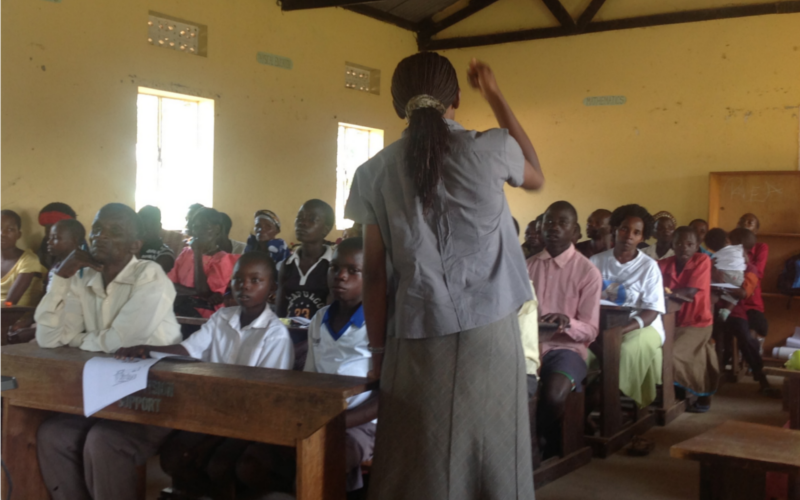
- Who We Are
- News
- Events
- Research
- Bridges2Scale
- Bridges to the Future
- Kyaterekera Project
- M-Suubi
- Obuvumu
- Preventing Substance Use among Adolescents
- Resettled Refugee Families for Healing
- Say No to Stigma
- Suubi+Adherence
- Suubi4Refugee Studies
- Suubi+Adherence4Youth
- Suubi4PrEP
- Suubi4Her
- Suubi-Mhealth
- Suubi4StrongerFamilies
- Ti Zaa Bohimma! (Let’s learn together)
- Past Studies
- Capacity Building
- Publications
- Contact Us
- Donate
Identifying Organizational Factors That Impact Employee Attendance, Motivation, and Stress in Uganda
 Identifying Organizational Factors That Impact Employee Attendance, Motivation, and Stress in Uganda
Identifying Organizational Factors That Impact Employee Attendance, Motivation, and Stress in Uganda
Principal Investigator: Miriam Mukasa
This qualitative study identifies factors that influence both health care workers’ and primary school teachers’ attendance and motivation to work in the greater Masaka region. For our purposes, “attendance” is defined as the number of days a teacher or health care worker shows up to work in a given time and “motivation” is defined as the degree the teacher or health care worker experiences positive work arousal on their job. The literature on rates of attendance and motivation suggests that nonattendance and low motivation are prevalent and problematic for both health care workers and teachers.
The qualitative data out of this study is intended to support a bigger stand-alone study with the overall objective of developing a workplace intervention aimed at positively impacting teachers’ and healthcare workers’ attendance and motivation. The qualitative study has three objectives:
1. To identify barriers to the problem of teachers and health care workers attendance and motivation from the perspectives of local teachers in the greater Masaka region in Uganda.
2. To identify possible causes for low teacher and healthcare worker attendance and motivation from the perspectives of local teachers and health care workers in the greater Masaka region in Uganda.
3. Elicit possible solutions that may increase attendance and motivation for teachers and health care workers, working in the greater Masaka region in Uganda.
Identifying Organizational Factors... Publications
Mukasa, M. N., Sensoy Bahar, O., Ssewamala, F. M., KirkBride, G., Kivumbi, A., Namuwonge, F., & Damulira, C. (2019). Examining the organizational factors that affect health workers’ attendance: Findings from southwestern Uganda. The International journal of health planning and management. Wiley